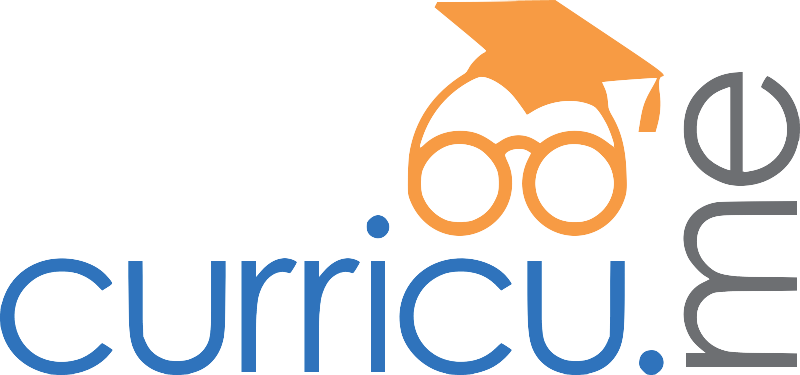Research teams spend a great deal of time, money and effort conducting research, but can struggle to share their findings with a large, global audience. Are open online courses a potential solution?
For those of us who conduct research in academia, we know that the primary methods of disseminating that research are through relatively inaccessible methods: expensive academic conferences and paywalled journals. (Which is interesting given that if you have ever had a conversation with a researcher, you know they are usually more than happy to have someone interested in learning about their work!)
Some of the ways researchers often share their research findings:
- Conference Presentations
- Written summaries or published journal articles
- Poster presentations
- Community bulletins
- Video summaries or recorded interviews
- Podcasts
- Infographics, flyers, brochures
- Townhall meetings with interested community members/groups
Open online courses are an innovative way to compile all of the things that you would normally use to share your research, like those listed above, into one place. You can even create games or interactive story maps about your research and share tools created by your research teams.
Benefits to Researchers:
- An online course becomes a one-stop shop for all of the the materials you might create to disseminate their research: you can combine videos, infographics, text, tools/templates, posters, etc. into a cohesive story
- The platforms for these courses (edX, Open edX, Coursera, FutureLearn, etc) allow researchers to share their knowledge with a global audience
- Course production has the potential to be a faster process than publication and conference presentation options
- Researchers can interact with learners via surveys, discussion forums, and reflection prompts to see how their research is being perceived, to see what gaps exist, and learn how to better explain their findings.
- Analytics are readily available and additional analytics can be built into courses
- Researchers have access to a group of interested individuals for future related research projects or questions
Benefits to Learners:
- Free access to research findings that might otherwise be difficult to access (behind paywalls in journals, only presented at expensive academic conferences, inundated with academic jargon, etc.)
- Learners are able to interact with researchers to provide feedback on findings, to ask questions, and to participate in ongoing or future research
- Access to tools, templates and resources created and shared by researchers
- Participants can learn about and benefit from research done in similar, but geographically disperse, communities
While many open, online courses are translations of in-person courses based on textbooks or established courses, there is an opportunity to share brand new research with a global community of learners through online learning platforms.
We worked on a course developed by a team of researchers to help remote communities make decisions about food, energy and water security. If you’re interested in that topic or an example of using brand new research as the basis for a course, check out Renewable Energy for Arctic Food and Water Security.

